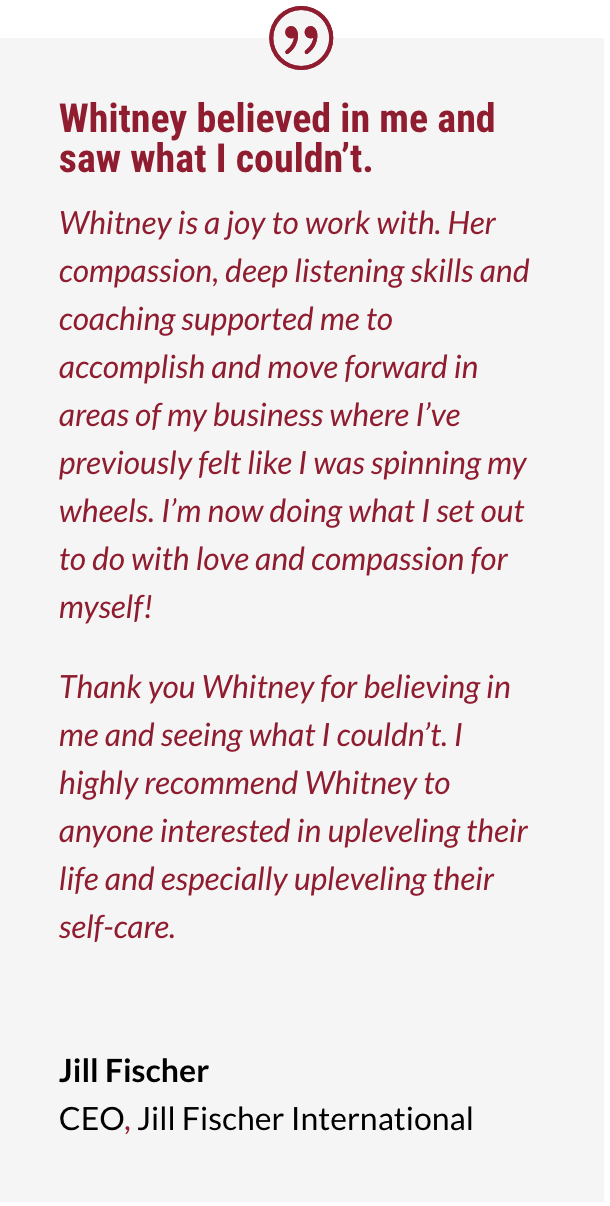When you’re tossing and turning throughout the night, and scarcely able to drag yourself through your day, you pray for restful sleep.
Insomnia – with its ongoing lack of quality sleep – can wreck your health and happiness.
I know; I’ve been there. Which is why I put together these tips to help you get a good night’s sleep.
(And because insomnia symptoms mirror a number of those of burnout, I encourage you to consider if you may be burned out and not just temporarily having a hard time sleeping.)
Now, let’s dive in.
#1. Difficulty Falling Asleep at Night
You go to bed.
And you lie there, staring into the dark, willing yourself to fall asleep.
Even though you’re weary to the bone, you can’t fall asleep. So you pick up your phone and scroll through social media, trying to distract yourself long enough to get sleepy.
Finally, out of desperation, you pop a sleeping pill. Even though you feel like you’ve gotten too reliant on them, you’re desperate for sleep. 20 minutes later you doze off.
Pro tips: create a regular bedtime routine and stick with it, because a consistent routine trains your body and mind to start winding down in preparation for sleep.
Stop using electronics at least 30 minutes before bed in order to lessen the stimulation from the light emitted by your devices.
#2. Waking Up During the Night
Finally, you managed to fall asleep.
But a short time later you’re awake.
You toss, you turn, you doze off, you wake up again.
And again. You watch the numbers on the clock creep by.
Another night of broken sleep that leaves you feeling like you’ve been run over by a truck.
Pro tips: don’t have caffeine after 12pm in order to avoid its stimulation closer to bedtime.
Put the clocks in your room out of sight – it helps to not have them reminding you of the time.
Take a deep breath into your diaphragm in order to consciously relax your body.
#3. Waking Up Too Early
While this might not sound like a serious issue, I promise you that consistently waking too early and not getting enough quality sleep can leave you feeling like a zombie. If you’re someone who has no trouble falling asleep but then finds yourself wide awake several hours later at, say, 3am, you know what I mean.
Pro tips: wear a sleep mask over your eyes to block out all light; even a small amount of light can signal your body to stop producing the sleep-supporting hormone melatonin.
Wear ear plugs to block out noise that can distract you from falling or staying asleep.
#4. Not Feeling Well-Rested Even After a Full Night’s Sleep
You haven’t been sleeping well for awhile, then you’re able to get a full night’s sleep. At last! Hallelujah!
But, shockingly, you still feel like something the cat dragged in.
I’m here to tell you that if you’re burned out, one good night’s sleep isn’t going to erase your exhaustion because you likely have an accumulated sleep deficit that needs a period of quality sleep to erase.
Pro tips: eat food that supports sleep: like chicken, eggs, turkey, bananas, and avocados.
Eating a 1-2 oz protein snack before bed will help keep your blood sugar levels steady. For example, a hardboiled egg, a handful of nuts, or a tablespoon of nut butter.
You could also consider painting your bedroom a warm shade of blue, the most peaceful color.
#5. Daytime Tiredness or Sleepiness
Do you often nod off at your desk? Or feel so weary when you’re driving that you get a strong urge to lay your head down on the steering wheel and nap?
First of all, it’s worth getting a checkup to rule out an underlying medical cause such as sleep apnea, depression, or diabetes. If there isn’t an obvious medical cause, consider that you may be heading toward burnout.
Pro tips: get up and take a brisk walk, even if it’s just around the office. Moving your body will disrupt the sleepiness that can easily set in when you’re sedentary.
Drink water throughout the day to keep yourself hydrated. If you’re dehydrated, your mouth and nasal passages can dry out, setting you up for sleep-disruptive snoring or leg cramps that can keep you awake. Being dehydrated during the night can also compromise your energy and ability to focus the next day.
#6. Irritability, Depression, or Anxiety
You may find yourself shrieking at your family for the least little thing.
Slogging through your day feeling hopeless.
Or so keyed up you can’t sit still, your mind racing, wringing your hands together while you contemplate everything that could go wrong.
(Please seek medical help if these symptoms are severe.)
Pro tips: take a minute to feel compassion for yourself. We women so often get down on ourselves for our negative feelings. Instead, take a few moments to practice being as kind to yourself as you would be to a beloved child. Over time, this will help replace self-judgment you may be trapped in.
Take a long, slow, deep breath into your diaphragm, pause, exhale just as slowly. Repeat. Deep breathing calms your nervous system; it breaks the fight or flight response in your brain that anxiety often triggers.
#7. Difficulty Paying Attention, Focusing on Tasks, or Remembering
When you’re not sleeping well, it can be challenging to concentrate.
Your brain simply can’t, even when you try to force yourself to focus.
You find yourself unable to remember details you normally would be right on top of. (And then you come down hard on yourself – which makes it worse.)
Pro tips: splash some cool water on your face as a way to gently help bring you back to the moment, which will help you re-establish your concentration.
Put on your favorite music and dance or get outside for a walk. Moving your body refreshes you both physically and mentally, allowing you to more easily focus your attention and recall information.
#8. Increased Errors or Accidents
That fender bender you had the other day? It could be from sleeping poorly. Especially if you’re having difficulty paying attention. (See number 7, above.)
Remember when you made that mistake at work and you couldn’t believe it? “That’s not like me!” you protest.
Insomnia can mess with your normal competence, leaving you prone to accidents and mistakes.
Pro tips: practice forgiving yourself for your mistakes. Acknowledge you’re not at your best – often, simply acknowledging what’s going on (“I’m tired”) will soften its effect on you.
#9. Ongoing Worries About Sleep
Isn’t this ironic? Being worried about sleep can cause you to lose sleep.
You set yourself up in a vicious circle.
Pro tips: tell yourself “Stop” when you catch yourself worrying. Say it out loud. Then smile, because smiling releases endorphins, the feel-good brain chemicals. Even the action of lifting the corners of your mouth will trigger endorphins, if you can’t muster up a sincere smile.
What to Do Next
When you are burned out, you’re often exhausted yet unable to relax enough to access that deep restful sleep your body needs. If you’re so tired you’re not sure what you should do next, let me support you. Go sign up for my free quiz “16 Signs You’re Headed To Burnout” so you can find out if you’re more than just tired.
I wish I’d had a quiz like this when I was in a downward spiral. It would have helped me wake up sooner, rather than having to wait till I was in full-blown burnout. That’s why I created this quiz… to empower you with information that can make all the difference in your life, now.





